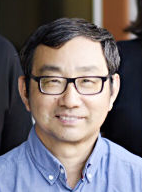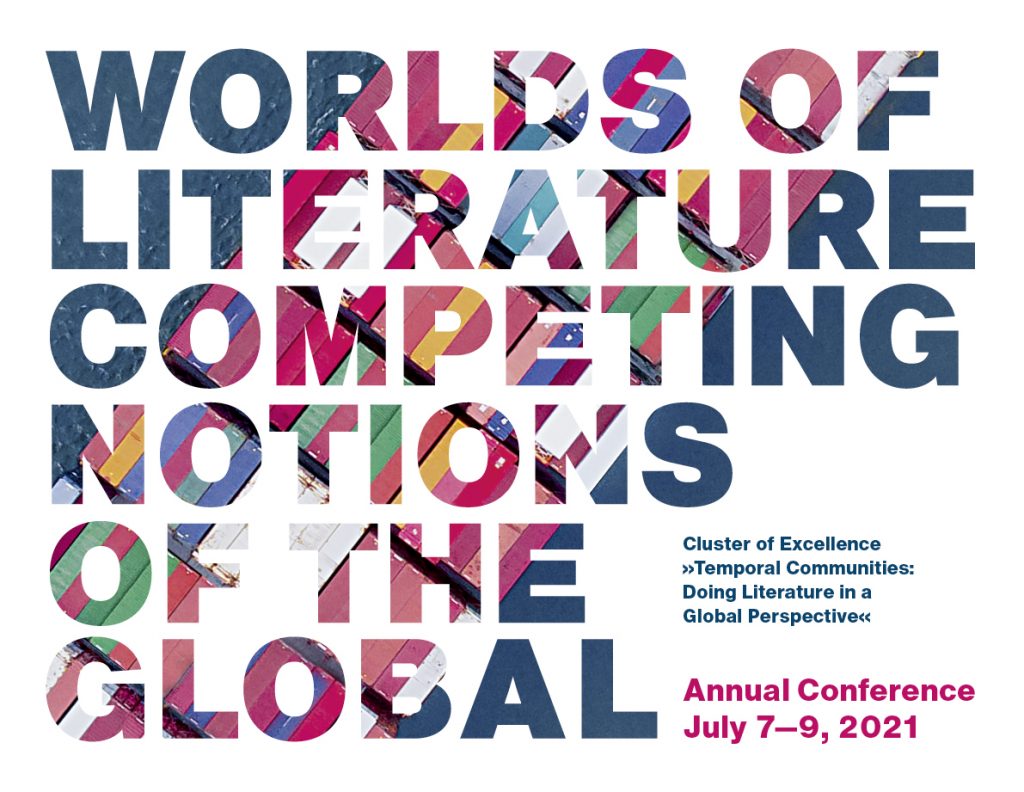“Does Tianxia Need the Nation-State? National Passages to Cosmopolitanism”
9 July
Presented in Part 1 of the Panel “Scales of the Global” moderated by Lindsey Drury. 17:30 – 20:00 (Berlin time).
Tianxia (all under heaven) thinkers have always targeted the modern nation-state system as the stumbling block to the peace and unity of the world. Yet thrust into the midst of clashing nation-states, modern China must engage the Western national model. In the wake of the fall of the Qing empire, reformers and revolutionaries devoted themselves to building a modern nation-state in order to survive as a polity and culture. Liang Qichao, Sun Yatsen, Mao and others were nationalist thinkers, but in the project of nation building they harbored a tianxia vision beyond the nation-state. This paper will focus and elaborate on how Liang, Sun, and Mao invested in nation-building as a necessary and powerful means of realizing the cosmopolitan or internationalist vision a la tianxia. I will retrieve certain motifs in the Confucian classics that inform this nation-international continuum.
Introduction by Dustin Breitenwischer, Junior Professor of American Studies at Universität Hamburg, Former Postdoctoral Researcher RA 1 “Competing Communities”

Ban Wang is the William Haas Professor in Chinese Studies at Stanford University. He is the author of The Sublime Figure of History (1997), Illuminations from the Past (2004), History and Memory ((2004), and China in the World: Culture, Politics, and World Vision (forthcoming from Duke UP, March 2022). He is the editor of Chinese Visions of World Order: Tianxia, Culture, and Word Politics (2017), Words and Their Stories (2011), Debating Socialist Legacy (2014), China and Left Visions (2012), and Trauma and Cinema (2004).
| At-a-glance Programme | About the Conference |
| Full Presenter List | Participant Registration |
